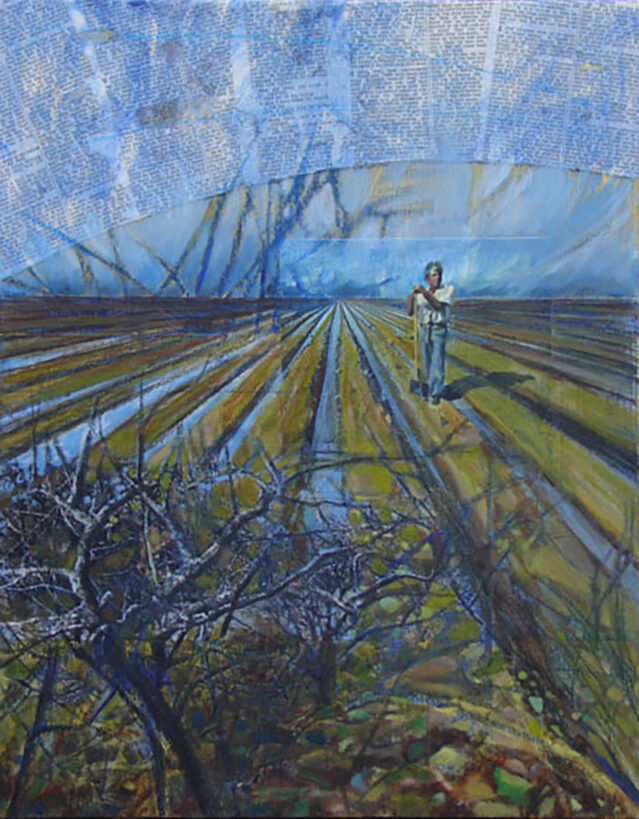We’re all navigating amongst cursings. They fly around now-adays into our ears or on our screens like angry gnats. Any curse from any source is a pronouncement toward harm. The first record in ancient documents of the word “curse” however was from God’s mouth, not man’s. And the consequence of that should be a heads-up over any puny castings from mortals.
What is startling about this cursing from God, described in Genesis 3, is that it comes in response to man and woman’s disobedience. God approaches and then has specific words to them; but the immediate cursing that God voices is directed onto Satan and then secondarily God places a curse on the ground like a lightning bolt which bypasses the humans.
The ancient Hebrew word, arar, means “to hem in with obstacles” “to bind” and that consequence is what sticks presently on Satan and also on our earthly ground. We live in a cursed reality, with a cursed supernatural enemy, though we ourselves are not cursed! Lesser beings may aim to curse you, but God has not yet made pronouncement on you. The time He gives each therefore is potentially restitutional. Only God has the moral purity, perfect vision and the cosmic authority to make any claim over one’s soul. But God waits. His self-description is that He is “slow to anger”, but then He has “eyes like fire“.
So, this is important to know going forward for any who might be wrestling with a God-sized heaviness. He waits in mercy. He waits on us. But the prophets were clear with one unified voice that one day God will deal. The wise ask then, how does anyone operate meaningfully in such a damaged reality now? Blaming Satan, blaming the earth, blaming others is not our business and only a wasteful distraction. A Psalm writer makes a counter exclamation before God in this tension of wonder: “what is man that You, God, are mindful of Him?”
Here’s a visual example of taking a quiet and responsive stand midst broken territory. I made this mixed media piece some years ago. It now belongs in a private collection in Nashville. The layered-in pages of text form a silent arc over the head of a lone figure, which I collaged onto the panel, and then painted over into a ground. Field rows are a symbol to me of the work we have yet to finish; and the recession of fields toward a far horizon has long fascinated me as a symbol of time, a coming destination and perspective until that day of completion.
This figure pauses midst the work of cultivating. Is he anticipating? Is he weary? What is he looking at if not the work itself? There is some kind of work going on inside him; and that is his business. Thorns and tangles are represented here, but they are only context. The thorns are not the point. The silent pregnant gaze of the un-cursed farmer is the point.
